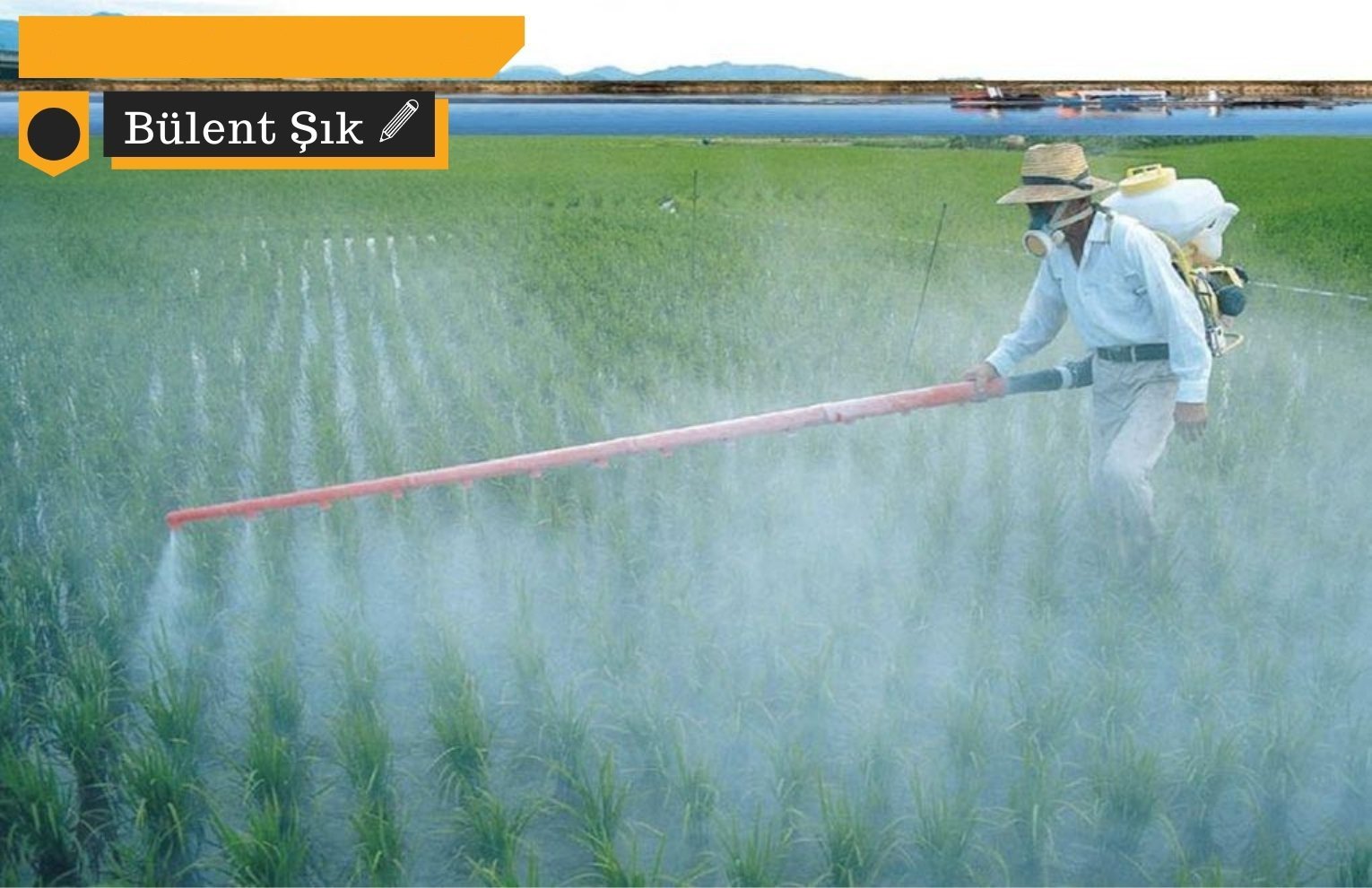Click to read the article in Turkish
In the article I wrote in the last week, I noted that there was a very rapid decrease in the number of insect species worldwide. According to recent studies, 40 percent of insect species in the world may disappear in the next few decades.
The extinction rate of insects is eight times faster than mammals, birds and reptiles.
Pesticides, which are widely used all over the world, are among the leading factors causing a loss in insect species. Pesticides are toxic chemicals used in agriculture.
Since the word pesticide also means insecticide, there is no peculiarity, of course. Considering that pesticides don't stay in the zone where they are used and spread over large areas, it is normal that they are the most important factor causing insects to disappear rapidly. What is abnormal is that taking measures has been delayed so much although this problem has been known for years.
There are hundreds of types of pesticides the use of which are approved for various purposes. Although each of these pesticides is approved for use against a particular insect or a group of insects, it harms not only the targeted insect or insects but also other living beings after use. In other words, although it is said that each pesticide is used for a specific element (this element is described as a pest), it actually causes harm for whole natural life.
Especially beneficial insects that pollinate plants are greatly harmed. Pollination is a critical event for the continuity of vegetative life and food production. When it is said 'pollinating insects,' we first think of honeybees, but apart from honeybees, many insects play a role in pollination such as wasps, flies, butterflies, beetles, etc. Therefore, it is more correct to think that a pesticide confirmed to harm bees harms various insect species involved in pollination.
An organization called Pesticide Action Network (PAN), which operates worldwide regarding the harms of pesticides and alternative applications to pesticide use, listed the pesticides that caused great harm to bees in a study published in March last year.
Taking into account the list that the PAN prepared, I have created a list by individually reviewing which pesticides that are allowed to be used in Turkey harms bees (and other insects in natural life) the most. I did this work by checking the pesticides included in the Ministry of Agriculture and Forestry's Plant Protection Products Database one by one as to whether they were included in the list prepared by the PAN. The pesticides in the table below are pesticides that are very toxic to bees and flying insects. It can be considered as a kind of blacklist.

It is needed to stop the use of pesticides on the list.
Apart from insects, this type of list needs to be prepared for pesticides that harm birds and fish as well. Also, it is necessary to prepare a blacklist for pesticides that are harmful to the aquatic environment, pesticides that cause biological accumulation and maintain a long-lasting toxic effect in the soil, water and mud layer, and pesticides that cause persistent chemical pollution. In subsequent articles, I will try to address these issues and create lists that I said are necessary to be prepared.
We should take into account that the use of pesticides can be very intense not only in agricultural production but also in urban areas such as parks and gardens, and green fields in tourism facilities. Therefore, local governments and the Ministry of Tourism are also a part of this issue.
Agro-ecological techniques and practices that will be alternative to pesticide use should be adopted as a public policy. (BŞ/EKN/VK)





.jpg)
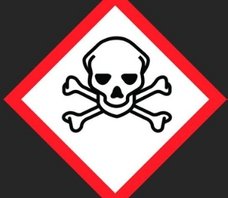
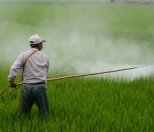
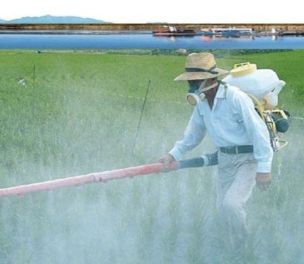
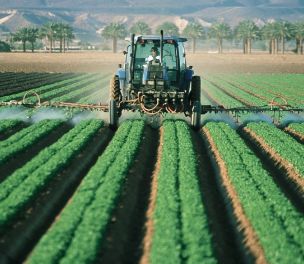
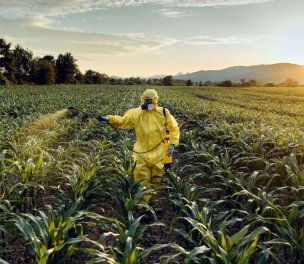

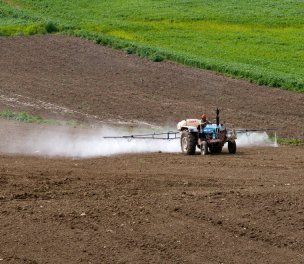

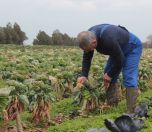
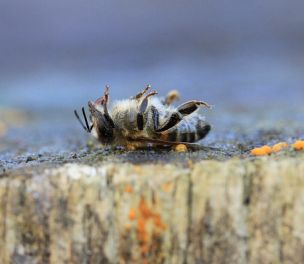
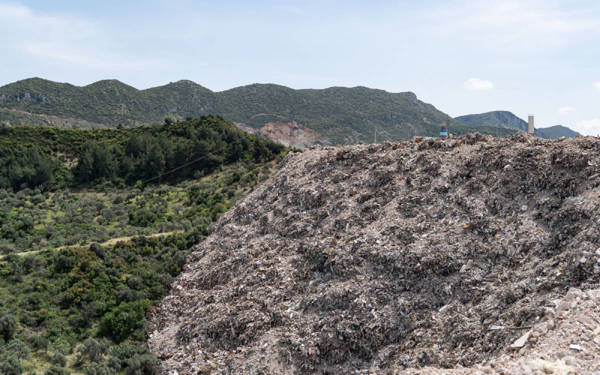
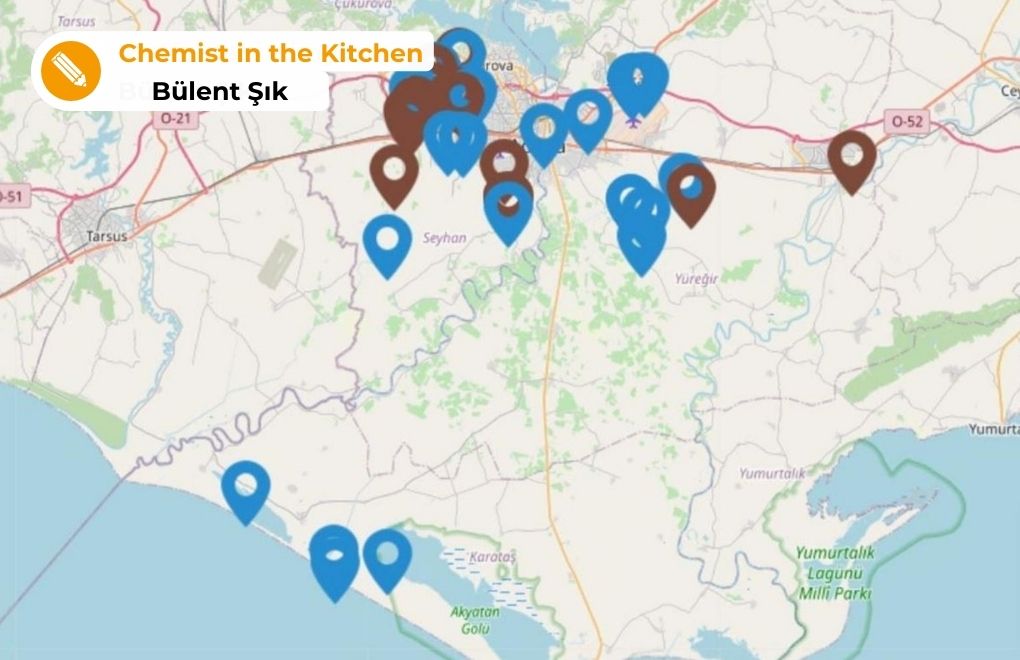

.jpg)
